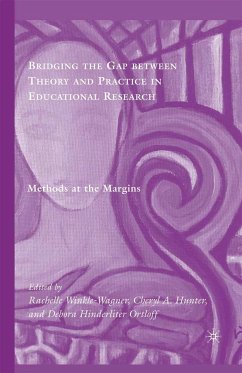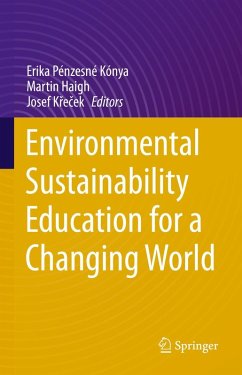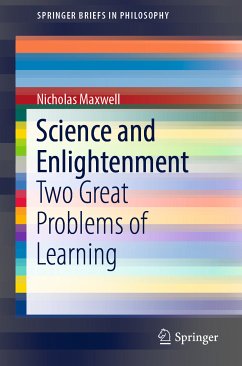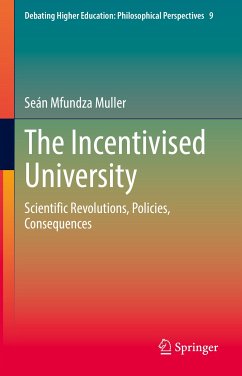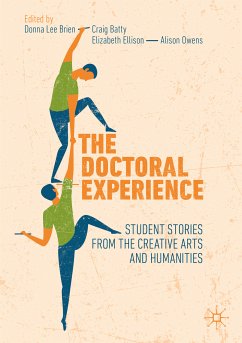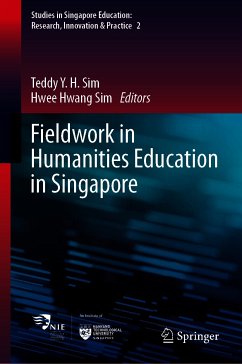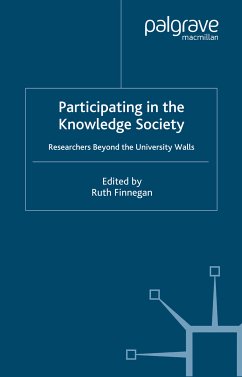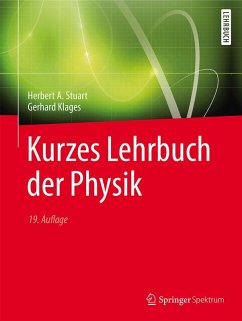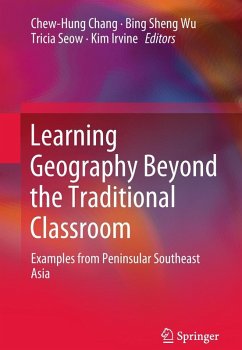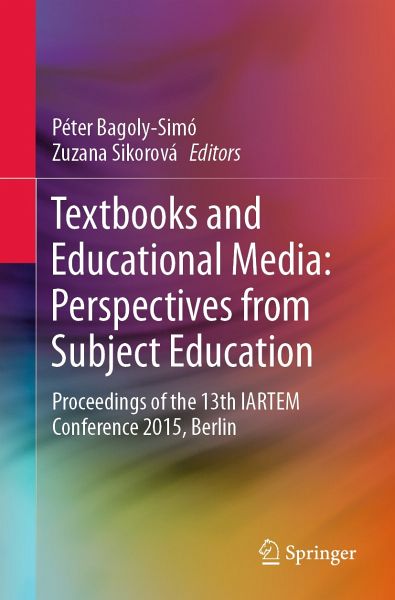
Textbooks and Educational Media: Perspectives from Subject Education (eBook, PDF)
Proceedings of the 13th IARTEM Conference 2015, Berlin
Redaktion: Bagoly-Simó, Péter; Sikorová, Zuzana
Versandkostenfrei!
Sofort per Download lieferbar
112,95 €
inkl. MwSt.
Weitere Ausgaben:

PAYBACK Punkte
56 °P sammeln!
Dieser Download kann aus rechtlichen Gründen nur mit Rechnungsadresse in A, B, BG, CY, CZ, D, DK, EW, E, FIN, F, GR, HR, H, IRL, I, LT, L, LR, M, NL, PL, P, R, S, SLO, SK ausgeliefert werden.



